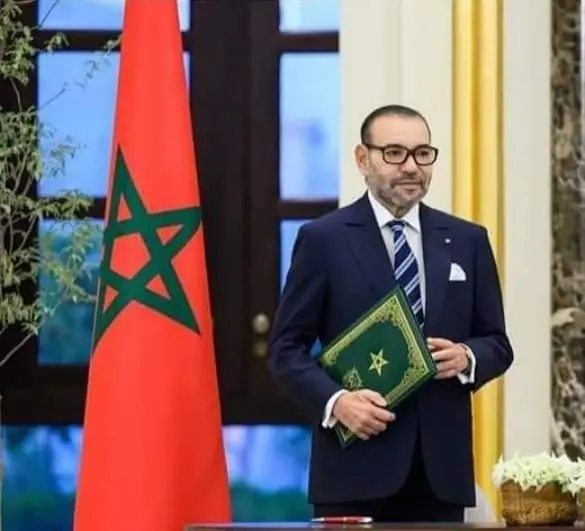Over the years, the reign of Mohammed VI was distinguished by notable achievements, demonstrating a strategic vision and a commitment to Morocco’s progress. However, these advances are all the more remarkable given the ongoing challenges within the government and the unaddressed demands of the people.
1) Visionary Diplomacy: King Mohammed VI succeeded in redefining Moroccan diplomacy by expanding international partnerships, opening new horizons despite political challenges.
2) Conflict Resolution: American recognition of the Moroccan nature of the Sahara testifies to the diplomatic success of the king, even in the face of complex political issues.
3) Regional Power: Morocco’s effective security policies, despite government inaction, have strengthened its position as a stabilizing regional power.
4) Resurrected Economic Growth: The launch of the Mohammed VI Investment Fund has stimulated economic growth, demonstrating the capacity to generate positive initiatives despite government inertia.
5) Strengthened Social Protection: The proactive response to the social impacts of the pandemic shows increased attention to social needs, even in the absence of significant government action.
6) Education and Social Development: Major educational initiatives highlight the royal commitment to social development, compensating for government shortcomings.
7) Active Social Dialogue: Faced with unresolved demands, the king maintained an active social dialogue, emphasizing his attentive listening to the people, in contrast to government inaction.
Call for Government Change: However, the inaction of the current government, led by Aziz Akhannouch, has sparked growing concerns. If immediate changes are not made, a popular anti-Akhannouch revolution appears imminent, jeopardizing the country’s political stability. The king must act quickly by revising his government to meet citizen expectations and avoid a major political crisis.
Originally published at Almouwatin.com







